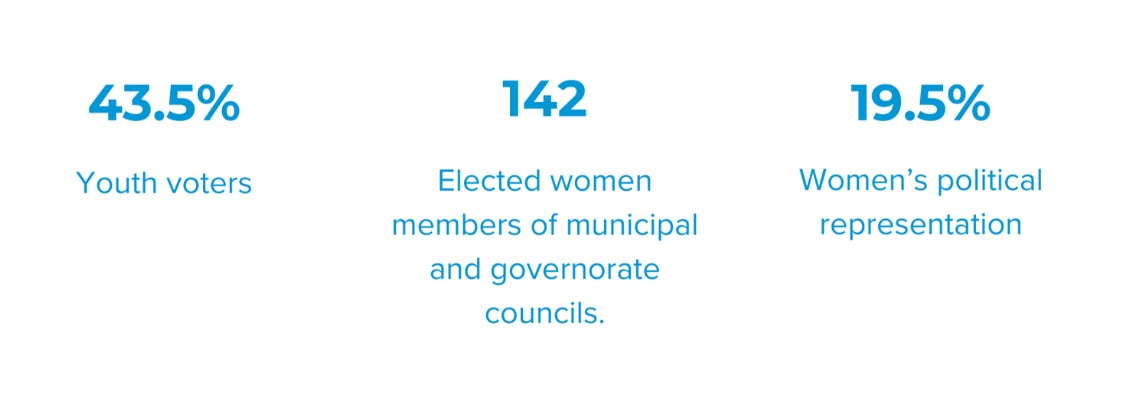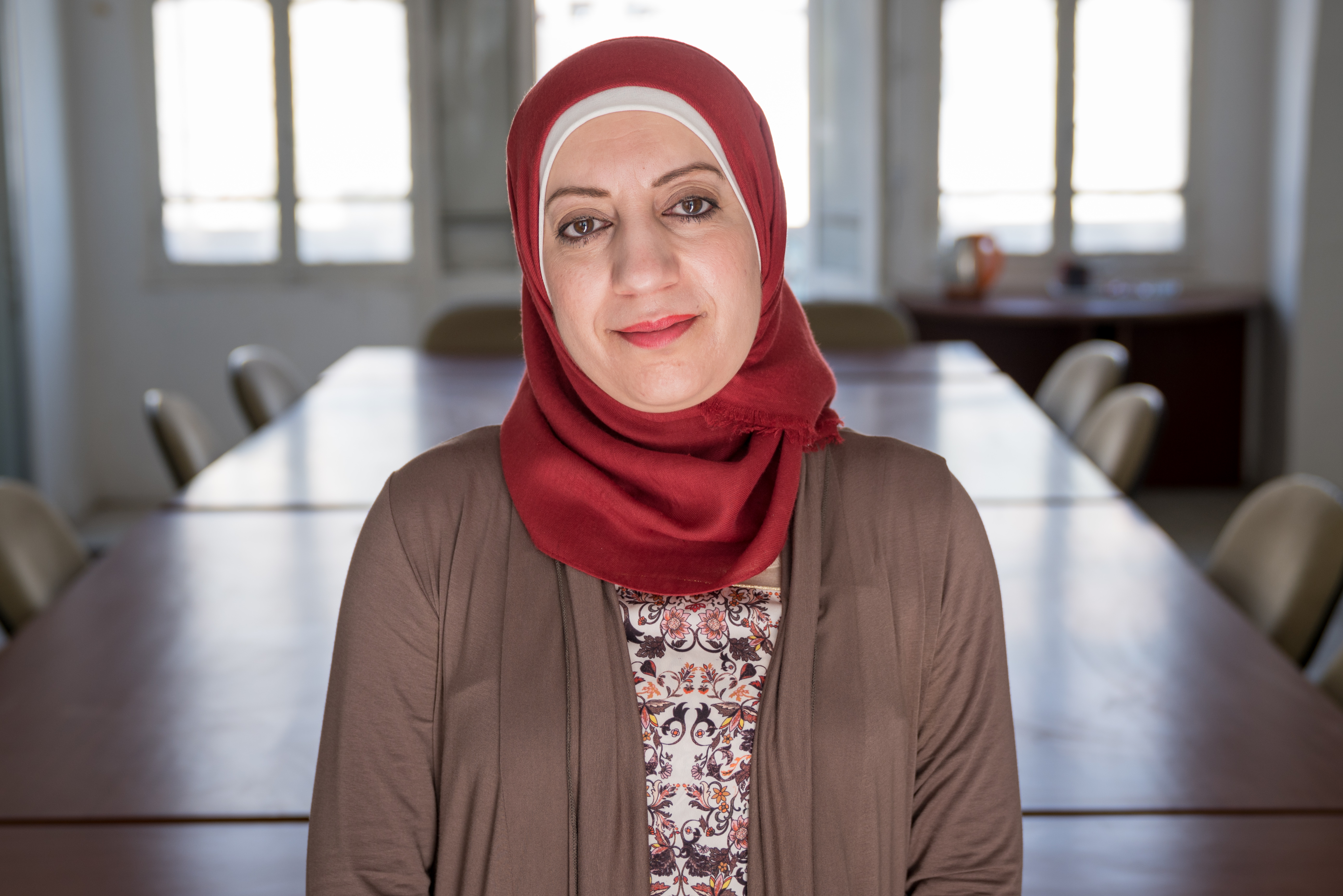
Gender Responsive Governance & Leadership

Gender Responsive Budgeting (GRB)
The UN Women-supported initiative on Gender Responsive Budgeting (GRB) in Jordan focuses on integrating gender equality into government planning, programming, and budgeting. The initiative has gained significant support at all levels of government, with the inclusion of GRB principles in the National Budget Circular and active participation in the national GRB Network. As a result, the needs of women and girls are increasingly reflected in Jordan's public spending, with gender priorities now embedded throughout the budgeting process. The initiative has also built the capacity of government entities to apply GRB, ensuring that gender-sensitive allocations are made, particularly for women and children, and driving significant progress in women's empowerment through government budgeting.
Women’s Political Participation
Women in Jordan play a vital role in society, yet their representation in public life remains limited. In 2020, despite progress, women held only 12.3% of House of Representatives seats, and 15.4% of Senate seats. In the 2022 local elections, women secured 68 municipal council seats through competitive seats and 6 governorate council seats. However, none ran for mayor, highlighting the ongoing challenges to achieving true gender-inclusive leadership.
While the Jordanian public widely acknowledges women's capabilities in leadership, their opportunities are often restricted due to a lack of visible role models, limited civic engagement and structural, cultural and societal barriers.
The National Vision for Women's Effective Participation
In 2021, His Majesty King Abdullah II has emphasized the need to create a legal and political environment that actively supports women’s participation in public life. In his letter to the Head of the Royal Committee to Modernize the Political System, the King reaffirmed the importance of:
- Ensuring equal rights, responsibilities and freedoms for all citizens under the rule of law
- Recognizing the varied obstacles women face, including legislative gaps, social norms, economic barriers and gender stereotypes
- Fostering a culture where both men and women are seen as equal contributors in shaping Jordan’s future
As a result, in June 2021, Jordan has been undergoing political, economic and public sector modernization.
Response:
Gender Responsive Governance and Women in Political Participation Programme
UN Women is working with partners in Jordan to create an inclusive environment where women can fully participate in political, economic and social life. This programme focuses on strengthening the legislative system and promoting policies and practices that ensure equal opportunities and social justice for women and advance gender-responsive governance.
Key Areas:
- Legislative and Policy Reform: Advocating for gender-responsive laws and strengthening accountability mechanisms.
- Capacity Building: Empowering women leaders, institutions and political bodies to support gender equality.
- Media and Public Awareness: Engaging traditional and digital media to promote positive narratives and shift social norms.
- Inclusive Political and Civic Participation: Providing platforms for women’s engagement in leadership and decision-making.
- Research and Evidence-Based Advocacy: Using data and analysis to drive policy changes and improve women’s representation.
National Partners
The Royal Court, Ministry of Political and Parliamentary Affairs, Inter-Ministerial Committee for Women’s Empowerment, the Ministry of Local Administration, the Ministry of Interior, the Ministry of Government Communication, the Independent Election Commission, the Jordanian National Commission for Women and the Civil Society Organizations.
Thanks to the support of
The Italian Ministry of Foreign Affairs
European Commission
This programme has been impactful.
